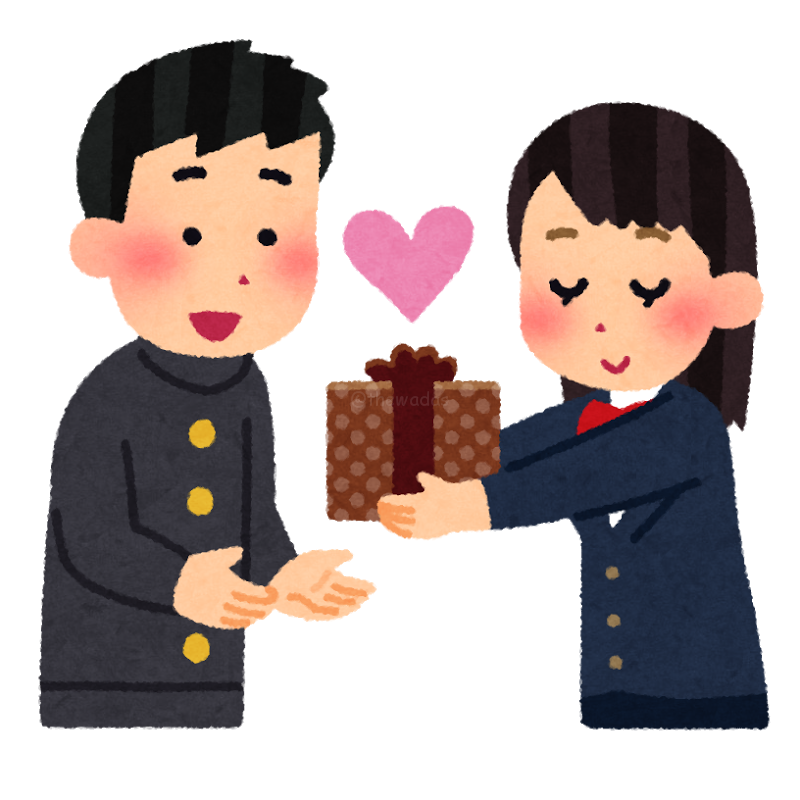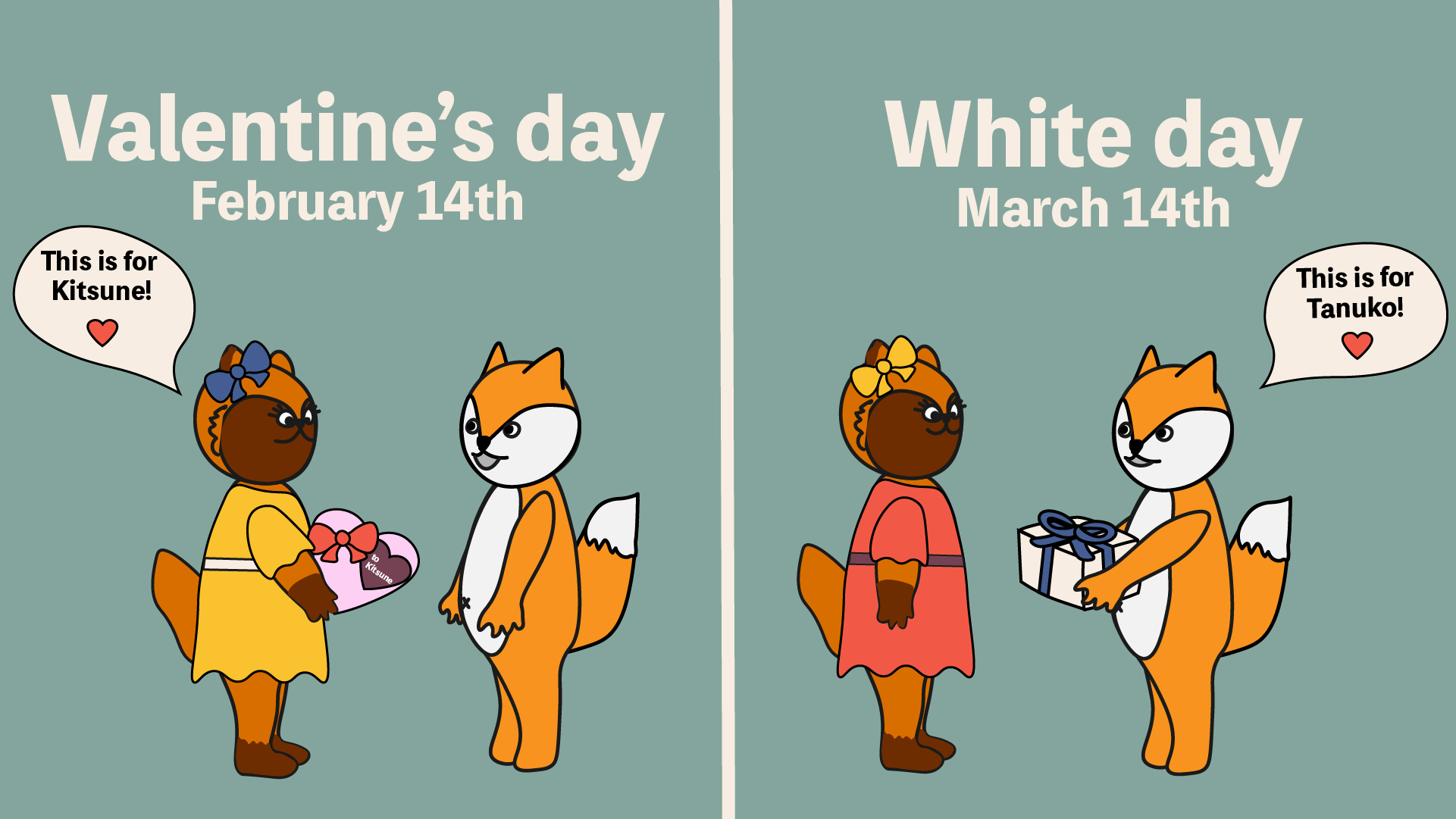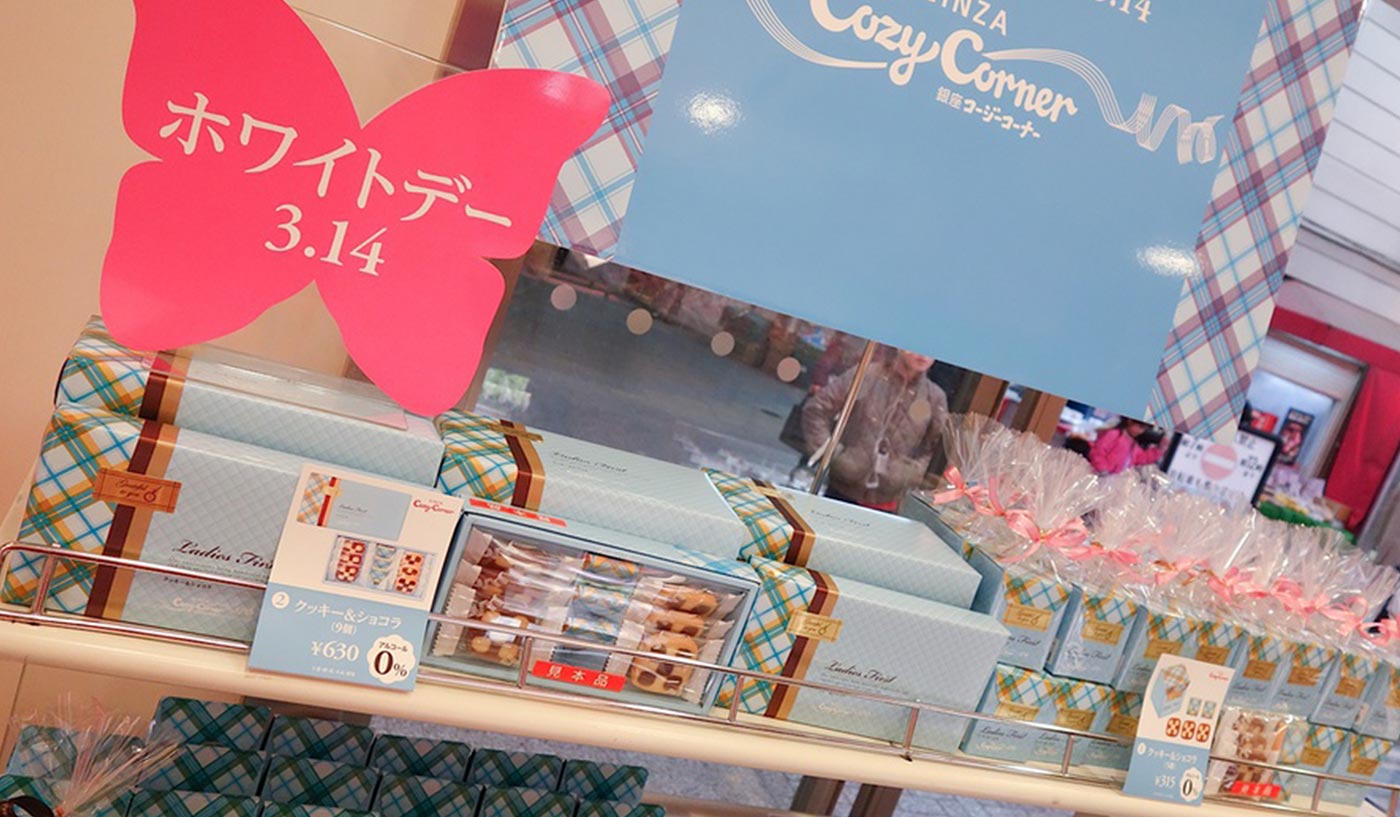Gallery
Photos from events, contest for the best costume, videos from master classes.
 |  |
 |  |
 |  |
 |  |
 |  |
 |  |
Learn how women give chocolates to men on Valentine’s Day in Japan, distinguishing between ‘honmei-choco’ (true love) and ‘giri-choco’ (obligation). Discover the history, evolution, and cultural significance of this unique celebration. In most places celebrating Valentine’s Day, women can expect chocolates, flowers and a romantic dinner from their partner. However, in Japan, it’s the opposite: women give chocolates to the men in their lives—from their boyfriends to their coworkers—although not all chocolates are equal. The special men in their lives receive honmei choco, “true feeling” chocolates, while Valentine’s Day was not really celebrated in Japan until the 1950s when it became a trend for high school girls to take February 14th as an opportunity to confess their feelings to their crush. An offering of chocolate treats, either store bought or homemade, would have been the most cost effective option for a student. Valentine’s Day is celebrated on February 14th, while White Day in Japan is celebrated a month later, on March 14th. White Day was not actually established until the 1980s , when the Japanese National Confectionery Industry Association successfully campaigned to implement a ‘reply day’ for men to reciprocate the presents they received Valentine’s Day in Japan has a unique history and customs that many foreigners find interesting. According to the Japan Chocolate & Cocoa Association, this custom started in the 1950s. A chocolate company put up a handwritten “Valentine’s Sale” sign at Isetan department store in Shinjuku. Valentine’s Day in Japan is a day when romance, tradition, and sweet gestures come together. On this special day, you can find signs of love and warm affection everywhere, from mythology and natural symbols to unique gifts embodying Japanese culture's essence. These practices make Valentine's Day a fantastic celebration of love in all its forms! Learn how Valentine's Day is celebrated in Japan, where women give chocolate to men, and White Day is a reply day for men to return the favor. Discover the different types of chocolate, the history, and the culture behind these days. Learn how Valentine's Day is celebrated in Japan, where women give chocolates to men and men return the favor on White Day. Discover the origins, types and meanings of these gifts, as well as the business and cultural aspects of this custom. Learn how women in Japan celebrate Valentine's Day by giving chocolates to men, family and friends, and how men return the favor on White Day. Discover the different types of chocolates, the history and the culture behind these holidays of love. Learn how Valentine's Day became a popular custom in Japan, from its introduction by chocolate companies to its evolution and variations. Discover how Japanese people celebrate with chocolate, flowers, experiences, prayers and more. Japanese Valentine's Day is nothing like others. In Japan Valentine's Day is celebrated in a very unique style. It is the women who present gifts to men. There is a strong tradition of women giving chocolates to men on Valentines Day. There are two types of chocolates, "Giri-choco" (obligation chocolate), and "Honmei-choco". What Is Valentine’s Day In Japan? Valentine’s Day in Japan, while thought of as quite a romantic day similar to other countries, might not be celebrated exactly how you think. While yes, chocolate is definitely involved in Valentine’s Day in Japan (thankfully), the emphasis is more on women gifting chocolate to men. There are many countries around the world that celebrate Valentine’s Day or lovers day every February 14th. Although deeply rooted in its culture and traditions, Japan has also proved to be a country that is enormously open to adopting other festivities and incorporating them with its own, such as Halloween or Christmas. Only 12.5 percent of people in Japan plan to give chocolates to colleagues for Valentine's Day, as the culture of obligatory gift-giving wanes due to the prevalence of working from home, a recent survey found. The figure is the lowest it has ever been, according to a study by Nippon Life Insurance Co ahead of Valentine's Day on Friday. It’s no secret that Valentine’s Day in Japan is celebrated differently from the rest of the world. Instead of men and women exchanging gifts, women give chocolates and presents to men on February 14th, and men return the favor exactly a month later on “ White Day. Valentine’s Day is known as the day when one expresses their love to that one special person. In Western countries it is common for both men and women to participate in a gift exchange. Often, the approaching date of February 14th causes men across the world to scramble, trying to pick out a gift, or plan the perfect date. However, in Japan, Valentine’s Day plays out a bit differently There are several theories over the origin of Valentine’s Day in Japan, but it is widely believed to have arrived in Japan in the 1930’s. Morozoff, a famous Japanese confectionery company , started as a small chocolate shop in 1931 when it began a marketing campaign to encourage people to buy and send chocolates to loved ones on February 14th. As a matter of fact, Valentine's Day in Japan takes place in two steps: Valentine's Day (on February 14, initiated around 1958, by the confectionary brand Morinaga 森永); White Day (on March 14, a month later, initiated during the 1970's). Valentine's Day : gifts from women to men Valentine’s Day is a meaningful time to cherish love, and each location in Japan offers a unique way to create beautiful memories. Whether it’s the fairytale atmosphere of Tokyo DisneySea, the peaceful charm of Inokashira Park, or the sparkling night views of Minato Mirai, there’s an excellent destination for every couple. Valentine’s Day in Japan is a day when romance, tradition, and sweet gestures come together. On this special day, you can find signs of love and warm affection everywhere, from mythology and natural symbols to unique gifts embodying Japanese culture’s essence. These practices make Valentine’s Day a fantastic celebration of love in all its forms!
Articles and news, personal stories, interviews with experts.
Photos from events, contest for the best costume, videos from master classes.
 |  |
 |  |
 |  |
 |  |
 |  |
 |  |